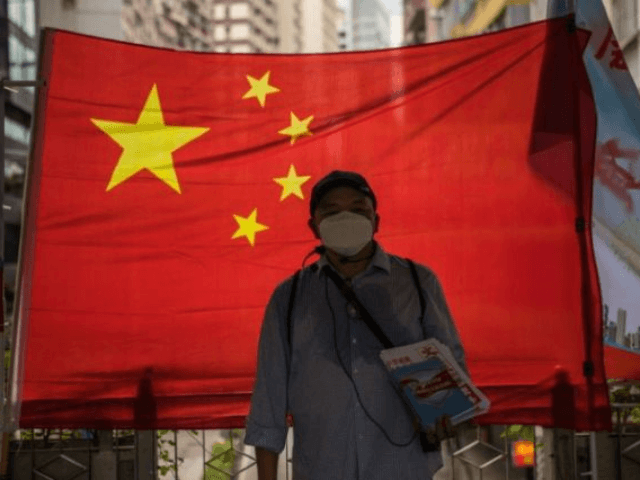Australia accused China’s state-run Global Times of “inaccurate and inflammatory” coverage on Thursday after its editor-in-chief and the Australian ambassador to China met in Beijing, the South China Morning Post (SCMP) reported.
Australian Ambassador to China Graham Fletcher and Global Times editor-in-chief Hu Xijin met on Wednesday, the Australian Department of Foreign Affairs and Trade confirmed.
“Our ambassador met the editor of the Global Times and set out Australia’s clear policies in relation to China and on the U.S. alliance,” the department said in a statement.
“The meeting took place outside the [Australian] embassy and was part of a wider set of engagements with Chinese media outlets to ensure Australia’s views are conveyed directly,” the statement read.
“Australia rejects the inaccurate and inflammatory coverage of Australia by the Global Times,” the department added in its statement, without specifying which comments by the Chinese Communist Party mouthpiece it objected to.
Both the Global Times and Hu personally defended the Chinese foreign ministry’s publishing of a false image depicting an Australian soldier holding a knife to a child’s throat in late November. The ministry said the post was its response to a recent Australian government probe into alleged war crimes committed by Australian troops in Afghanistan between 2005-2016.
Hu said he and Fletcher discussed “several sensitive aspects” of the increasingly tense diplomatic relationship between Beijing and Canberra during their meeting this week in messages posted to his Chinese social media accounts on Wednesday.
According to Hu’s account, Fletcher said that his country’s foreign policy is designed to protect Australia’s national interest. He dismissed notions expressed by the Global Times in recent weeks that the U.S.’s anti-China stance has heavily influenced Australia’s policies toward Beijing.
“[The ambassador] does not think that Australia is following the United States,” Hu wrote in a message posted to his personal WeChat account on Wednesday night.
“He asked me to note that Australia’s attitude on many issues related to China is different from that of the United States. He emphasized that Australia hopes to improve relations with China. At the same time, he also said that Australia is an ally of the United States and this cannot be changed,” the editor wrote.
The tabloid chief concluded his post by insisting that, despite Fletcher’s comments, Australia was still “helping the U.S. bite China.” He accused Canberra of “paying lip service to neutrality.”
“I predict that it will be hard for China-Australia relations to become warm again, and that Australia will continue to pay for its unreasonable China policy,” Hu wrote.
Elsewhere in his meeting with Fletcher, “Hu said he raised Chinese objections over Canberra’s policies towards Beijing, including a ban on Huawei Technologies from the nation’s 5G infrastructure, the passage of laws against foreign interference, differences on the South China Sea, and other issues,” according to the SCMP.

COMMENTS
Please let us know if you're having issues with commenting.